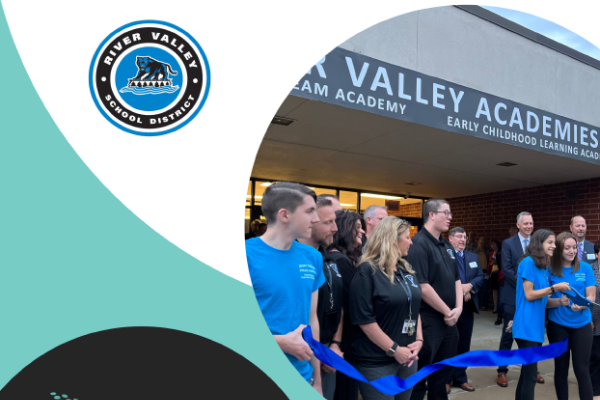What Do Experts Recommend for Literacy Models?
February 01, 2017
When school districts decide to embrace a new approach to student literacy, they often consult academic experts for program and policy advice. Not surprisingly, academic researchers have well-formed ideas about what works.
The greatest challenge is professional development for teachers, says Lucy Calkins, whose Teachers College Reading Writing Project at Columbia University is based on the concept that literacy needs to be embedded in the same way math builds on knowledge and skills from one year to the next. “You need to teach teachers how to support kids,” she says.
Calkins makes these recommendations about training for educators, focusing on practice in these skill areas for teachers as well as students:
- Use a workshop approach in a classroom while students work on their own projects coached by teachers;
- Provide wall charts to offer visual information as guidance for students;
- Engage teachers in their own reading and writing;
- Encourage summer programs and school yearbook clubs so teachers can identify best practices for classroom use; and
- Give teachers opportunities to visit other classrooms or schools to observe specific ways to teach reading or writing for different age groups.
Literacy coach Regie Routman, author of ASCD’s Read, Write, Lead, who specializes in working with high-poverty districts, argues that districts need “coherence from grade to grade,” adding, “if you’re going to sustain achievement across the whole district, we should be building on a continuum of what do we want from readers and writers from K-12.”
Routman wants attention paid to what reading and writing “look like in an excellent classroom.” Her advice:
- Conduct instructional walks through the Literacy Classroom Visit Model;
- Ask principals to use a checklist when viewing student work posted in the classroom;
- Stock classroom libraries with fiction and nonfiction books; and
- Offer professional literacy communities for teachers to work with each other to share literacy expertise.
For Robin C. Scarcella, a professor of academic English at the University of California, Irvine, academic literacy is the goal. She wants the focus on giving students the skills to understand complicated academic content in various subjects.
Scarcella, who has worked with the Los Angeles Unified School District and is the author of Accelerating Academic English: A Focus on the English Learner, wants classroom literacy to be clearly tied to specific disciplines and thinks that can be accomplished in these ways:
- Teach vocabulary and grammar relevant to academic subjects;
- Provide informational texts to help students summarize what they’ve learned; and
- Offer opportunities for students to make oral presentations
Author
Advertisement
Advertisement
Advertisement
Advertisement



